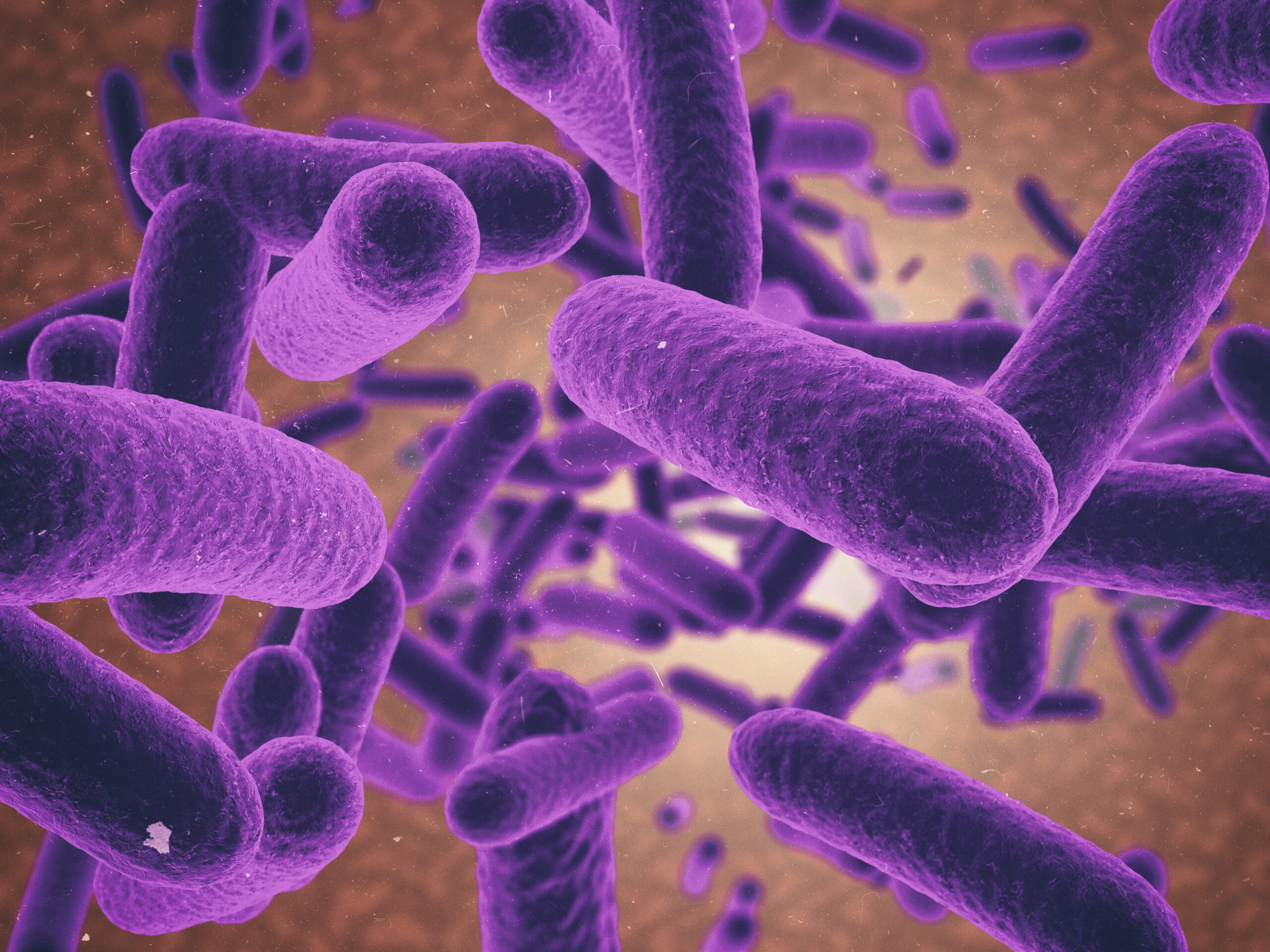Since the advent of microbiology in the 1800s, microbes have generally been understood to interact with and impact the human body. However, the vast underlying significance of the gut microbiome to human health has only just begun to be fully appreciated and scientifically investigated within the past couple decades. In addition to playing a role in gut health, the microbiome has also been associated with the immune and nervous systems, skin health, mental health, and beyond. In light of these discoveries, oral supplementation with live microbes, or probiotics, has become increasingly popular.
According to the World Health Organization, probiotics are live microorganisms that, when administered in adequate amounts, confer a health benefit on the host. This globally recognized definition sets a critical requirement that probiotics, such as certain strains of Lactobacillus, Bifidobacterium, and Bacillus, demonstrate a health benefit in a properly designed clinical study. Examples of substantiated health benefits of probiotics include the support of gastrointestinal health, immune health, and promotion of beneficial gut bacteria. However, Bacillus species in particular exhibit several attributes well suited for use in dietary supplements and food, including shelf stability and the ability to withstand various food processing methods. Bacillus species, such as B. subtilis, have also been largely demonstrated to be safe for use in food and oral supplementation.


